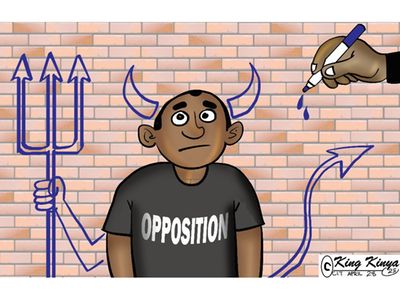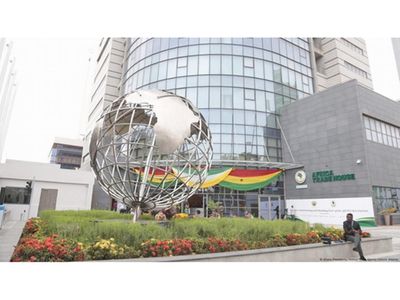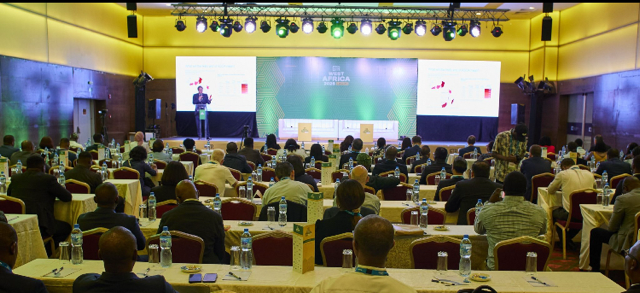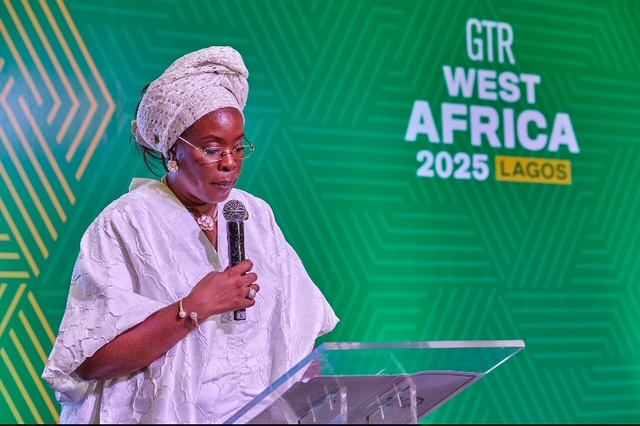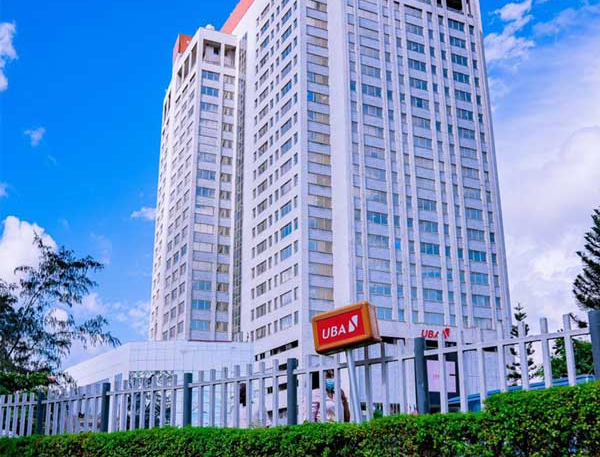….UN Mission embarrassment suffered, as calls mount for audit
An investigation by The Herald, has uncovered more troubling details surrounding the Ghana Armed Forces’ (GAF) recent acquisition of 20 ageing armoured vehicles.
Military insiders describe these vehicles as “death traps”, posing a serious risk to the lives of Ghanaian soldiers deployed on international peacekeeping missions.
The vehicles, BTR-70 8×8 Wheeled Armoured Personnel Carriers (APCs) — originally manufactured in 1972 by the former Soviet Union — were sourced from Azerbaijan and supplied by Messrs Double ST Limited at a reported cost of US$440,000 each, totalling US$8.8 million.
Technical reports and confidential military documents obtained by The Herald, reveal that the APCs, now over 50 years old, are plagued with mechanical and structural deficiencies.
The vehicles suffer from oil and lubricant leakages, frequent engine overheating after limited use, malfunctioning brake and clutch systems, blurred vision blocks, missing side mirrors, and defective rear cameras. Alarmingly, they also lack intra- and inter-vehicle communication systems, leaving troops effectively isolated during operations.
Sources within the Ghana Army, describe the APCs as unfit for purpose. Many arrived immobile and had to be transported from Tema Port to Burma Camp on low-loader trailers. Despite superficial refurbishment efforts — including hurried spray-painting on the parade grounds of the 153 Armoured Regiment and makeshift upholstery repairs — most remain non-operational.
Soldiers who spoke to The Herald, revealed that seven of the vehicles were shipped to Ghana’s UN peacekeeping battalion in Abyei (UNISFA) in 2024.
However, due to their poor condition, Forward Repair Teams (FRTs) had to be dispatched to conduct urgent repairs. Even after repairs, reports indicate that only one of the seven vehicles has achieved limited mobility, leaving Ghanaian troops embarrassed and exposed in the mission area.
Further compounding concerns, the APCs were delivered without their primary armaments — the 14.5mm KPVT heavy machine guns — and were fitted only with their secondary 7.62×54mm PKM machine guns.
Although, the primary weapons eventually arrived in 2024, they have yet to be test-fired due to the unserviceability of the vehicles.
Military mechanics also report that while the original petrol engines of the BTR-70s were replaced with diesel variants, critical accompanying components such as radiators and hoses were not upgraded accordingly.
This oversight has severely impacted the vehicles’ operational effectiveness. Photographs of the interiors show extensive rust, cracked leather seating, and corroded metalwork.
Insiders disclosed to The Herald that the APCs were effectively salvaged from a scrapyard in Azerbaijan. The procurement decision — made during the administration of President Nana Addo Dankwa Akufo-Addo — involved then Defence Minister Dominic Nitiwul and then Chief of Defence Staff (CDS) Vice Admiral Seth Amoama.
Sources further allege that Major General Thomas Oppong-Peprah, who served as Army Commander at the time and has since become CDS, was heavily involved in the transaction. He is reported to have personally travelled to Azerbaijan alongside the suppliers to inspect and finalise the deal.
Many within the military now view the purchase as a catastrophic waste of public funds and a grave risk to Ghanaian soldiers, particularly those deployed on dangerous international missions.
Confidential documents reviewed by The Herald, show that the GAF repeatedly sought waivers and expedited clearances to facilitate the vehicles’ entry into Ghana.
In letters addressed to Customs and Port Authorities dated between January and March 2023, military officers cited, “budgetary constraints” and “urgent operational needs” to justify bypassing standard procedures.
One memo from Captain F.A. Amin of the 1 Forces Movement Unit requested a 100percent waiver on state warehouse rent fees, citing an inability to pay GHS 4,800.
Another, from Captain E. Owusu-Acheampong, applied for release of the consignment before full customs processing was complete, stressing the “sensitive nature” of the shipment.
Despite these efforts, the APCs’ operational failure has left the military scrambling for solutions, while raising serious questions about procurement practices, accountability, and value for money.
Defence analysts and military insiders are now calling for a full value-for-money audit to assess the wisdom of the purchase and prevent similar embarrassments in future.
Critics argue that, given past experiences with similarly outdated BTR-60s during Ghana’s UNAMSIL mission in Sierra Leone in the early 2000s, lessons should have been learned.
At the time, Ghanaian troops struggled with aged equipment riddled with mechanical failures — a cautionary tale seemingly ignored in the latest acquisition.
There are growing demands within the military for stricter procurement guidelines, particularly when acquiring used or retrofitted military hardware, to ensure operational safety and national credibility.
Meanwhile, Ghanaian troops deployed abroad continue to grapple with the consequences of a procurement scandal that many fear could have deadly implications.
The post Nitiwul’s US$8.8 million Soviet-Scrap armoured vehicles put Ghanaian Soldiers in danger appeared first on The Herald ghana.

